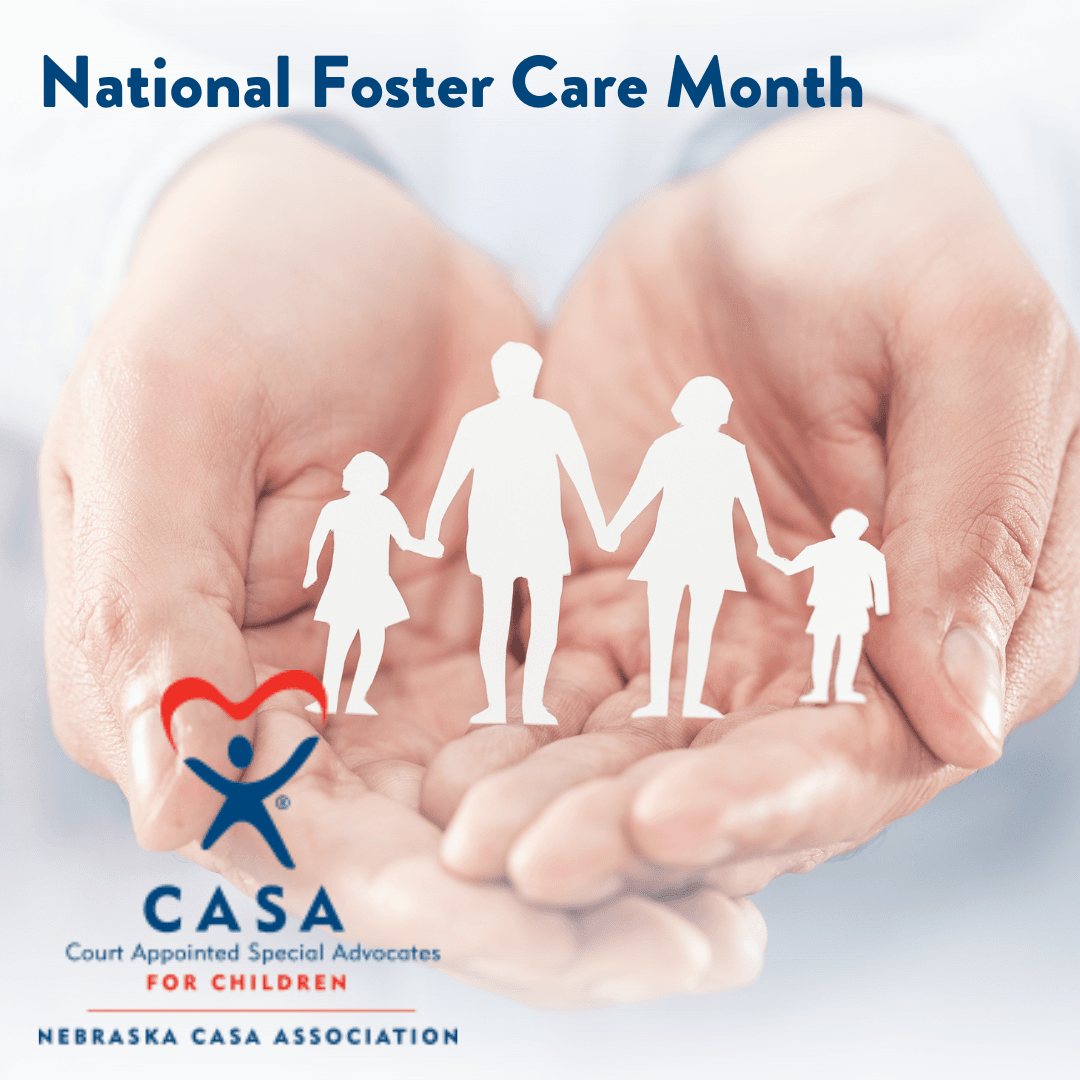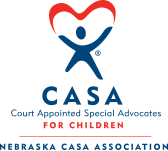
Every May, we observe National Foster Care Month, a time dedicated to raising awareness about the challenges faced by children in the foster care system and the importance of supporting them. In Nebraska, the children in foster care need our attention now more than ever.
According to various studies, foster children often struggle academically, face mental health issues, and are at a higher risk for substance abuse as they transition into adulthood. However, organizations like CASA (Court Appointed Special Advocates) are changing these narratives.
How CASA Supports Educational Success
One of the most pressing concerns for children in foster care is their educational stability. Studies reveal that foster children perform worse academically compared to their peers, often experiencing disruptions in their education due to multiple placements.
CASA volunteers play a vital role in advocating for these children, ensuring they receive the necessary educational resources and support to thrive in school.
CASA volunteers can identify educational barriers and work diligently to address them by developing strong, trusting relationships with their assigned foster child. Whether it's ensuring enrollment in appropriate schools, advocating for special education services, or meeting with teachers to discuss a child's progress, CASA volunteers are consistent adults who help foster children to succeed academically.
Promoting Stable Mental Health
The emotional and mental well-being of foster children cannot be understated, especially given the trauma many of them have experienced. Children in foster care often deal with significant mental health challenges, including anxiety, depression, and feelings of abandonment.
We train our CASA volunteers to recognize these issues and provide emotional support to children who have experienced neglect or abuse.
Emotional support for foster children helps mitigate the effects of trauma and promotes resilience. CASA ensures that children have access to resources, aiding their overall psychological well-being. When children feel supported, they are more likely to develop healthy coping mechanisms and maintain stable mental health.
Reducing the Risk of Substance Abuse
One critical statistic that often goes unnoticed is that children who age out of foster care without adequate support are at a heightened risk of turning to substance abuse. A lack of positive role models, unstable living conditions, and insufficient access to mental health resources heighten this risk.
CASA volunteers help foster care youth develop a sense of belonging and purpose by providing guidance and support. These relationships can be pivotal in reducing the likelihood of substance abuse as they transition into adulthood. Volunteers advocate for essential services and encourage youth to participate in educational pursuits, extracurricular activities, and community engagement.
Get Involved: Make a Difference Today
The support CASA provides to foster children in Nebraska is invaluable, but we need your help to expand our reach and impact. Volunteering with CASA is a meaningful way to get involved and make a difference in the lives of vulnerable children. As a CASA volunteer, you can be the stable presence many children desperately need, empowering them to achieve their goals and dreams.
Ready to help change a life? Visit nebraskacasa.org/volunteer to learn how to volunteer your time and skills to support foster children in your community.
If you are unable to volunteer at this time, consider making a donation to CASA. Your financial contributions directly support our programs and resources, allowing us to train more volunteers and provide even more comprehensive support to foster children. Every donation, regardless of size, helps Nebraska's foster children. Visit nebraskacasa.org/donate to make your donation today!



